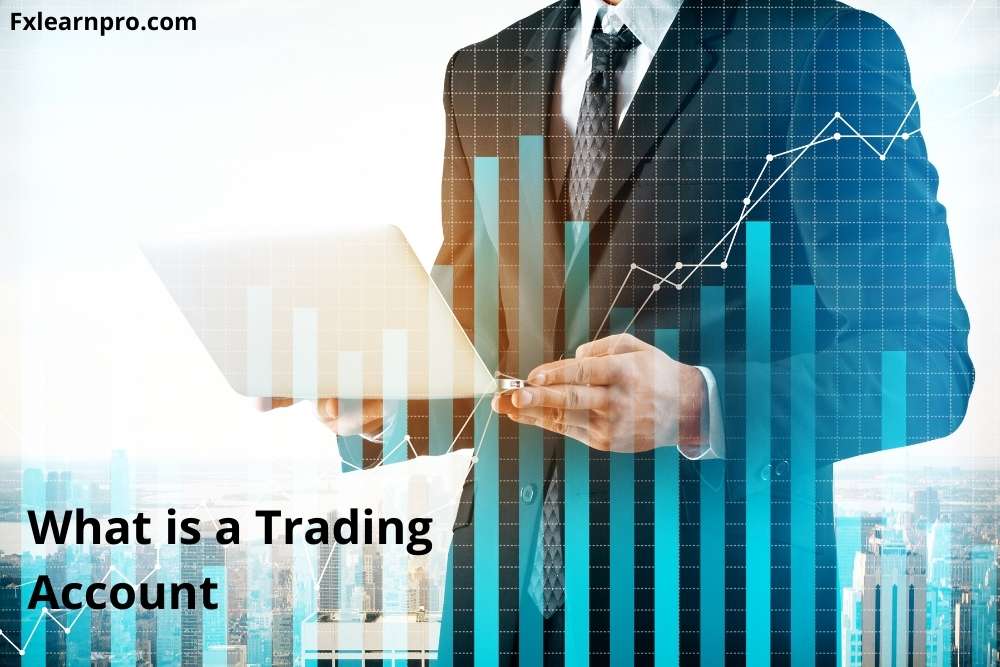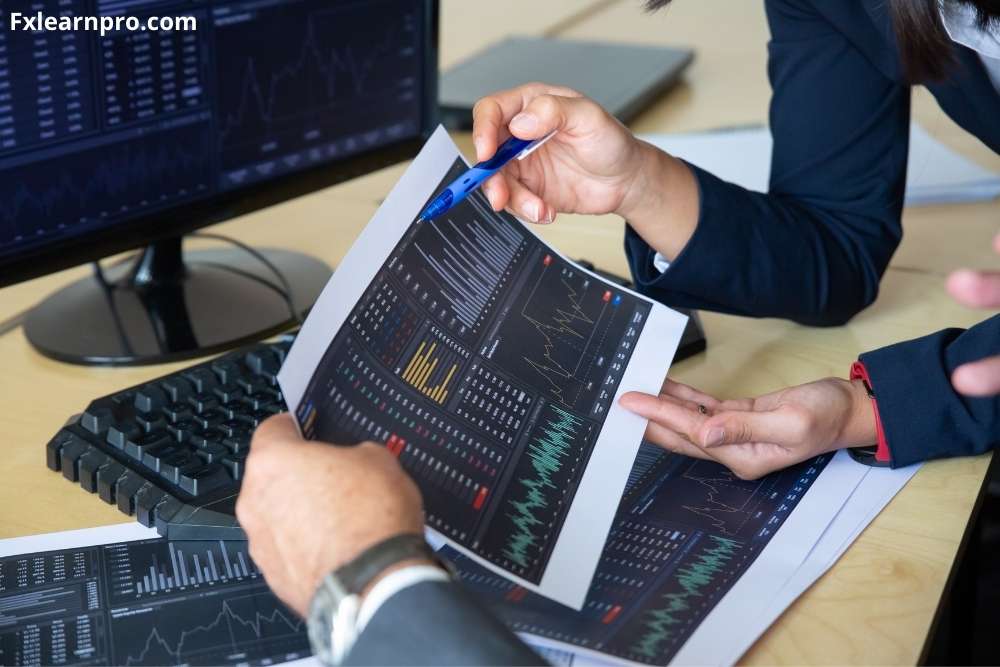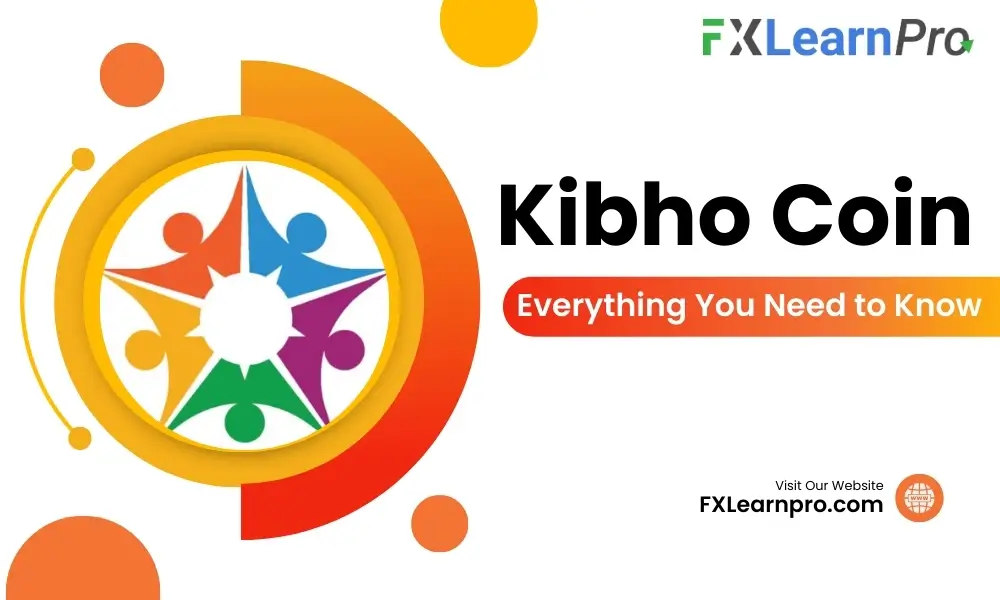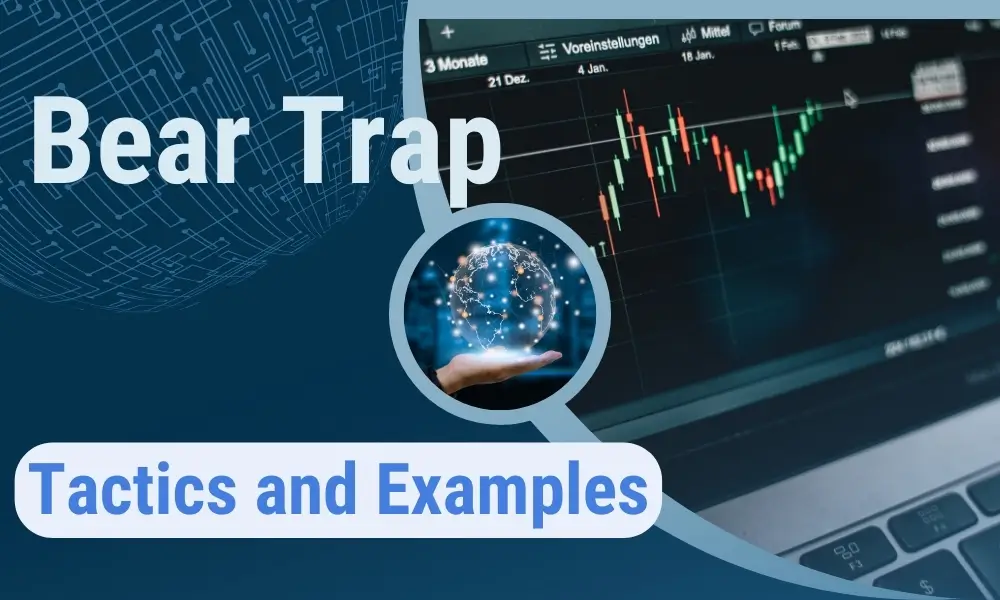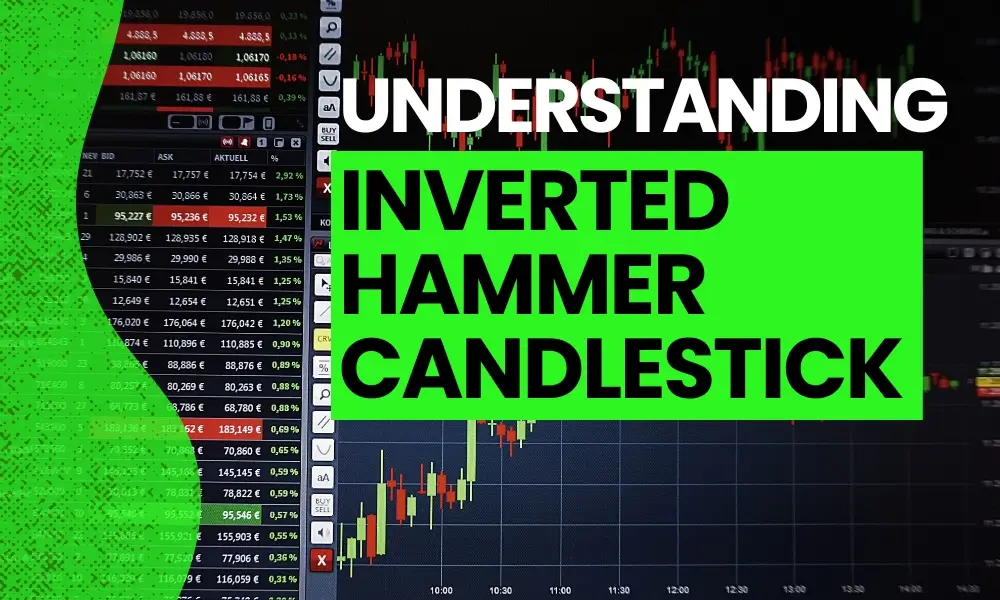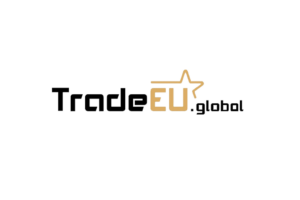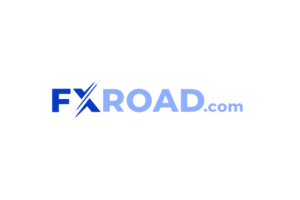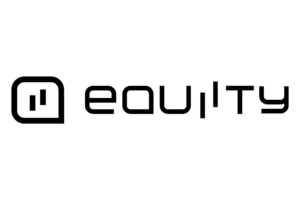The emergence of digital technologies has transformed everything around us, including our way of trading.
In this time of Internet trading, it is important to have a trading account to hold or trade securities.
In simple words, it acts as a gateway between traders and financial markets. You can’t buy or sell securities without a trading account.
Today, most traders are well familiar with trading accounts, but there are still some people who often search for What is a Trading Account?
If you’re too searching for the same, then this article is truly meant for you. So, continue reading this article to learn more about – what is a Trading Account and how it works.
What is a Trading Account?
A trading account is a type of account used to trade securities. It allows you to buy and sell assets on a regular basis.
Additionally, it assists you in speculating trades by keeping track of your assets’ movements. It is a necessary tool for investing in financial markets.
Previously, financial trading was conducted using an open outcry technique, including hand signals and vocal communication.
Traders used this technique to communicate their buying and selling decisions. However, the time has changed now, and so that the technology.
Today, a trading account is required to buy or sell assets. As a result, traders no longer use physical ways to place orders.
You’ll not need to be physically present at the stock market; instead, you can create a trading account with a regulated broker and instruct them to trade on your behalf.
Your trading account also serves as a holding account for your securities and other investments.
How Does Trading Account Work?
A Trading account acts as the link between an investor’s Demat account and bank account. For example, you can use your trading account to place a buy order for shares.
Then, your transaction is sent to the stock exchange for processing. Upon execution, the allotted shares will be credited to your Demat account.
At the same time, a proportionate amount will be debited from your bank account.
Additionally, a trading account offered by a brokerage firm can be used to hold assets. A trader can open only one trading account with one broker. However, they can open multiple trading accounts with different brokers.
Advantages of A Trading Account:
There are numerous benefits of opening a trading account; here are some of the major ones:
One-Point Access:
With an online trading account, you can access a wide range of assets on a single platform. Additionally, you can access multiple stock exchanges, including National Stock Exchange (NSE) and the Bombay Stock Exchange (BSE).
For commodities trading, the popular exchanges are the National Commodity and Derivatives Exchange (NCDEX) and Multi Commodity Exchange (MCX).
Reliable Information:
Taking the right step at the right time is essential for your success in the financial markets. When you open trading accounts, you get access to all the advanced tools, including research reports.
You can study these research reports prepared by experienced professionals and make sound decisions. It may maximize your chances of higher returns.
Dedicated Customer Support:
When you open a trading account online, you can get the added benefit of dedicated customer support. In case of any query, you can contact the support team for instant resolution.
Most online brokerage firms offer 24/7 customer support to their clients, while others are limited to just 24/5.
Flexibility:
As most brokerage firms have shifted to app-based platforms, you can access the platform with mobile, laptops, and other hand-held devices.
These online trading accounts give you the flexibility to monitor your trades from anywhere, anytime.
Seamless Transactions:
An online trading account lets you transfer funds for placing a trade order. This seamless trading experience saves your efforts and time.
What Are The Types Of Trading Accounts?
Trading accounts are classified into two broader types: A Securities/Standard Trading Account and a Commodity Trading Account.
Apart from this, you can also use a free trading account, popularly known as a demo account. The account is available on most brokerage platforms.
Security/Standard Trading Account:
A standard trading account is the most common account that covers your trading needs. For instance, the Securities trading account offers access to Stock Market, Futures & Options Trading, Mutual Funds, Exchange-traded Funds (ETFs), and Currency Futures.
Additionally, short-term traders can use leverage in this brokerage account to open bigger positions with little capital.
Commodity Trading Account:
A commodity trading account is used for trading commodities like gold, silver, copper, or crude oil.
For this, you’ll need to open an account with a commodities broker. A commodities broker can be an individual or a business.
They trade on a recognized commodities exchange like the NCDEX or the MCX. With this account option, you may trade commodity futures. As a result, there is no need to connect it to your Demat account.
How To Open A Online Trading Account?
After going through the topic – What is a Trading Account? Let’s move forward to the next one and discuss the account opening procedure.
Find A Reliable Broker:
To begin trading, you must choose a reliable and trustworthy broker such as InvestBy. Ensure that the broker answers your requests within the timeframes you specify.
When trading in the financial market, time is key. To make the procedure easier for you and save time, the platform should feature a seamless and straightforward user interface.
Compare The Fees:
After finding a reliable broker, you should research and compare brokerage prices. A processing fee is a cost that each broker or brokerage business charges.
Fill Out The Application Form:
After deciding on a particular brokerage platform, click on the ‘Open Account’ button available on the homepage.
Now, fill out the account opening form and a Know Your Client (KYC) form. Provide your personal details when needed.
Complete The Verification Process:
The most crucial part of opening a trading account is completing a verification process. First, you’ll need to upload the identification and income-proof documents for account verification.
The documents and information you provide will be double-checked over the phone or in person.
Start Trading:
Finally, you will be given information about your trading account after the verification process. You are now ready to start your trading journey.
Above, we have discussed the trading account opening procedure. So, now move forward to discuss all the related documents required to open a trading account.
What Are The Documents Required For Opening An Online Account for Trading In India?
You have understood now What is a Trading Account? Let’s begin The process and documents required to open a trading account are the same across all the brokerage platforms. So, take a look at the documents required to open a trading account.
For Proof of Identity:
- Government-issued identity documents such as Aadhar Cards, Voter IDs, Passports, and Driving licenses.
- PAN Card
- Identity card with applicant’s photo, issued by Central/State Government or its Departments.
For Proof of Income:
- Bank Account Statement for the last six months
- Current month’s salary slip
- Copy of annual account statements or certificate of net worth.
- Income Tax Return (ITR) acknowledgement slip
For Proof of Address:
- Voter’s Id/ Passport/ Driving License/ Ration Card/ Registered Lease Agreement/ Insurance Copy.
- Utility bills such as electricity/ gas bills/ landline bills are not more than 3 months old.
- Latest Bank Account Passbook.
- Address proof issued by Gazetted Officer / Notary public, MLA, and MP.
- Identity card containing address issued by Central/ State Government and its Departments.
- Identity cards – issued by Statutory/ Regulatory Authorities, PSUs, Scheduled Commercial Banks, and Public Financial Institutions.
- IDs issued by University affiliated Colleges, Professional Bodies such as ICAI, ICWAI, ICSI, and Bar Council of India.
Difference Between Demat and Trading Accounts:
As you have understood what is a trading account, it is important to know how it differs from a demat account.
While most investors think demat and trading accounts are the same, there are many differences between the two.
Here are some key differences between a demat account and a trading account:
Nature:
As mentioned earlier, a trading account connects your demat account with your bank account. While a trading account lets you buy or sell securities, a demat account stores all the assets you bought from the financial market.
Fees and Charges:
Generally, there is no fee to maintain a trading account. However, there are some broker-related fees, including processing fees.
On the other hand, a trader must pay an annual fee for maintaining a demat account.
Functionality:
Both account types have different functions. For instance, a trading account allows you to buy or sell assets.
On the other hand, a demat account helps you in keeping the shares safely that you bought from stock markets.
The Bottom Line:
As we are wrapping up this article, hope you have understood better what is a trading account. In this article, we covered important topics, including what is a trading account, how it works, and the types of trading accounts.
In the end, we would only say a trading account plays a vital role in your trading journey. So, start your journey today by opening an online trading account with InvestBy today!
FAQs:
What Is a Trading Account?
A Trading account is an essential part of your trading journey. It provides a platform to buy, sell or trade securities on financial markets.
Is a Trading Account Different From Bank Account?
Yes, a trading account is completely different from a bank account. A bank account is a type of account where you keep all your money.
On the other hand, a trading account allows you to buy or sell equity shares.
Can you Start Trading Without Any Money?
Yes, you can start trading without any money by using a free demo account. Today, many stock market brokers offer free trading accounts.
How Do I Withdraw Money from My Trading Account?
The withdrawal process may vary from broker to broker. So, it is necessary to visit the broker’s website and have complete information before opening an account.
What Are The Charges For Maintaining the Demat Account?
There are folio charges in the demat account, which typically range between Rs 300 to Rs 900 annually. DP also charges quarterly fees. Additionally, many platforms offer a free demat account.
